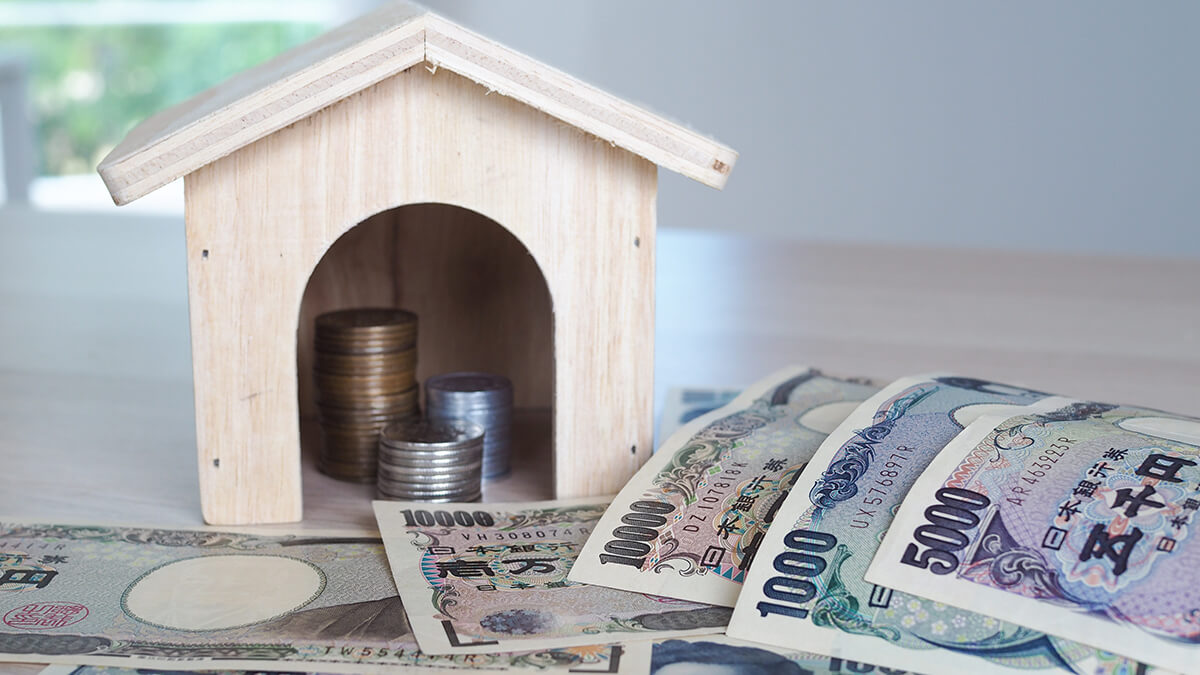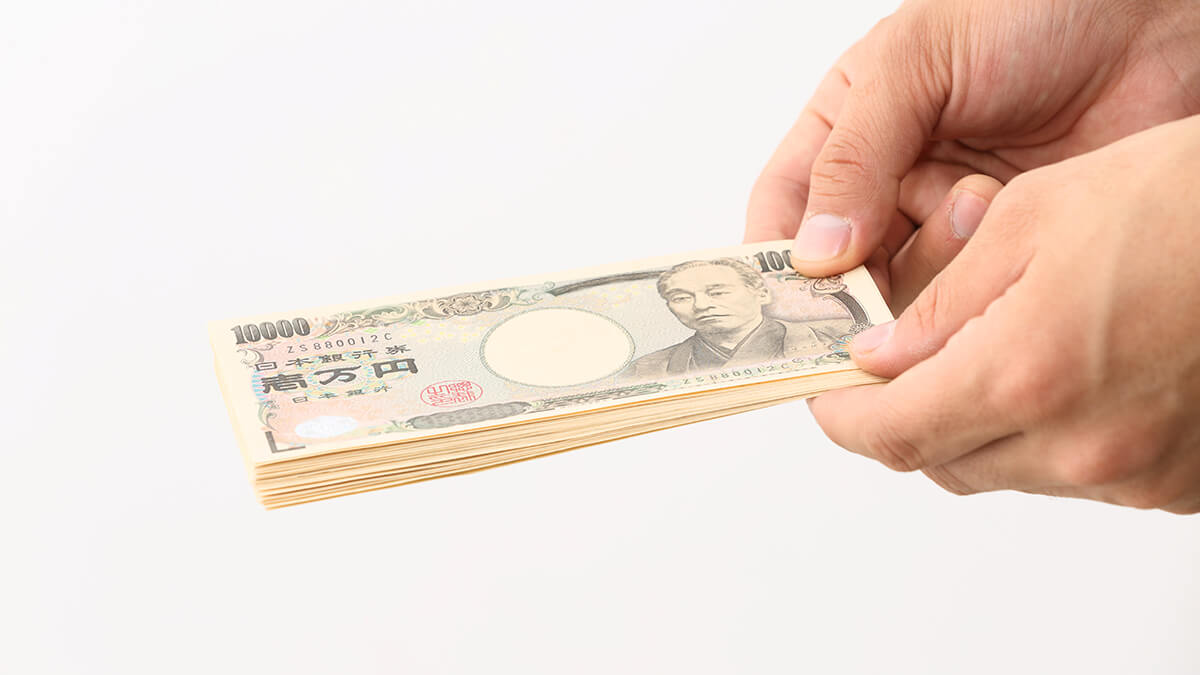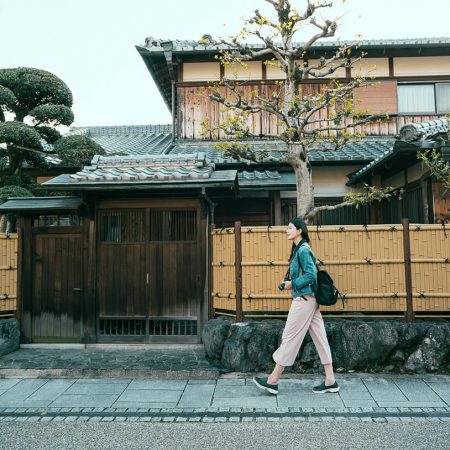Explaining the Shiki-kin and Rei-kin of Japan: Good-to-know Tips for Real Estate Contracts in Japan

Choosing where to reside is one of the hardest decisions that foreigners have to make when in Japan. The country is one of the best in the world in terms of livability, and there are plenty of great options where foreigners can rent and stay.
Aside from the challenging task of choosing the perfect place at the perfect location, there is also the consideration of finances. Rest assured, the perfect shelter isn’t going to be cheap. This is especially true in key Japanese cities like Tokyo, which was recognized in early 2019 as the 10th most expensive city in terms of monthly rentals according to Business Insider.
Table of contents
Explaining the Shiki-kin and Rei-kin of Japan

Apartments, manshon (condominiums), and rooms in Japan are typically expensive, and it’s not just the units themselves. Foreigners have to consider that there are some real estate agencies and landlords/ladies who implement fees that could derail their budget plans. There are fees like the real estate agent fee, reservation fee, guarantor fee, and most notably the shiki-kin and rei-kin.
Below, we’ll try to understand what fees such as shiki-kin and rei-kin mean and list down some tips that could help outsiders lessen or avoid these fees when they start living in Japan.
What is shiki-kin?
Shiki-kin is a rental deposit worth a month’s rent that is given by the tenant to the landlord/lady or owner of the unit. The deposited money is used to repair unforeseen damages and restore the rented unit after the contract is over (which usually involves general cleaning and repainting). The Shiki-kin could also be used to pay off unpaid debts.
Basically, the shiki-kin acts as a cushion for owners. If there are minimal damages to the walls and floors and tenants constantly clean their units, then the deposit can be refunded at close to 100%. But, if the restoration is expensive, then the rental deposit could suffer a huge deduction.
Japan isn’t the only country to establish a deposit rule on rentals, as other countries practice this too. Some countries just use the term “security deposit” rather than the term rental deposit.
What is rei-kin? Do other countries do this too?

Key money or rei-kin, which literally means “gratitude money”, is a fee given to the owner or landlord/lady during the contract signing for rents. This payment equates to the same amount as 1 to 3 months’ worth of rent.
Although the rei-kin is negotiable, it’s non-refundable. What foreigners can’t seem to wrap their heads around is why this type of fee exists.
This might seem a little unusual but key money is actually a common concept around the world. The only difference in Japan is that the key money and rental deposit are different or separate. In other nations, the key money is included in the rental deposit.
Real-estate tips

There are numerous real estate companies that specifically help many gaijin find affordable apartments that are more appropriate for foreigners. They typically suggest apartments that are cheaper and could be furnished or unfurnished, depending on the individual. These companies have also taken the time to hire staff who are able to engage with foreigners in different dialects.
There are also websites like GaijinPot Housing Service that caters to foreigners looking for apartments to rent. What’s so great about these websites is that foreigners can access them from their home countries and are available in various languages apart from Japanese. They don’t require a guarantor and you are allowed to pay through credit card.
Conclusion
Foreigners have to be wary or be prepared for fees (both hidden and unhidden) when it comes to renting an apartment in Japan.
Have you saved enough money to pay all of the fees that come along with renting an apartment? We want to hear your strategy in approaching the various rental fees. Feel free to comment down below. Until next time. Too-da-loo!
Motto Japan, the community platform to support foreigners with the foundation for life in Japan, including Japanese study, job opportunities, and housing service. Motto Japan Media will provide a wide variety of information for Japanese fans all over the world, to create a cross-cultural environment and enrich the life of foreign residents in Japan!













Leave a Reply